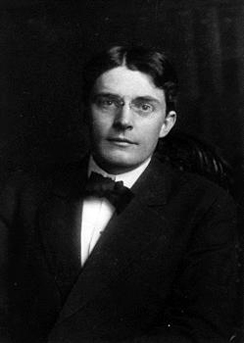| << Chapter < Page | Chapter >> Page > |
Structuralism, Freud, and the Gestalt psychologists were all concerned in one way or another with describing and understanding inner experience. But other researchers had concerns that inner experience could be a legitimate subject of scientific inquiry and chose instead to exclusively study behavior, the objectively observable outcome of mental processes.
Early work in the field of behavior was conducted by the Russian physiologist Ivan Pavlov (1849–1936). Pavlov studied a form of learning behavior called a conditioned reflex, in which an animal or human produced a reflex (unconscious) response to a stimulus and, over time, was conditioned to produce the response to a different stimulus that the experimenter associated with the original stimulus. The reflex Pavlov worked with was salivation in response to the presence of food. The salivation reflex could be elicited using a second stimulus, such as a specific sound, that was presented in association with the initial food stimulus several times. Once the response to the second stimulus was “learned,” the food stimulus could be omitted. Pavlov’s “classical conditioning” is only one form of learning behavior studied by behaviorists.
John B. Watson (1878–1958) was an influential American psychologist whose most famous work occurred during the early 20th century at Johns Hopkins University ( [link] ). While Wundt and James were concerned with understanding conscious experience, Watson thought that the study of consciousness was flawed. Because he believed that objective analysis of the mind was impossible, Watson preferred to focus directly on observable behavior and try to bring that behavior under control. Watson was a major proponent of shifting the focus of psychology from the mind to behavior, and this approach of observing and controlling behavior came to be known as behaviorism . A major object of study by behaviorists was learned behavior and its interaction with inborn qualities of the organism. Behaviorism commonly used animals in experiments under the assumption that what was learned using animal models could, to some degree, be applied to human behavior. Indeed, Tolman (1938) stated, “I believe that everything important in psychology (except … such matters as involve society and words) can be investigated in essence through the continued experimental and theoretical analysis of the determiners of rat behavior at a choice-point in a maze.”

Behaviorism dominated experimental psychology for several decades, and its influence can still be felt today (Thorne&Henley, 2005). Behaviorism is largely responsible for establishing psychology as a scientific discipline through its objective methods and especially experimentation. In addition, it is used in behavioral and cognitive-behavioral therapy. Behavior modification is commonly used in classroom settings. Behaviorism has also led to research on environmental influences on human behavior.

Notification Switch
Would you like to follow the 'Psychology' conversation and receive update notifications?